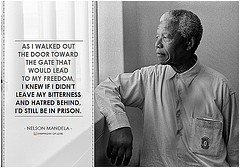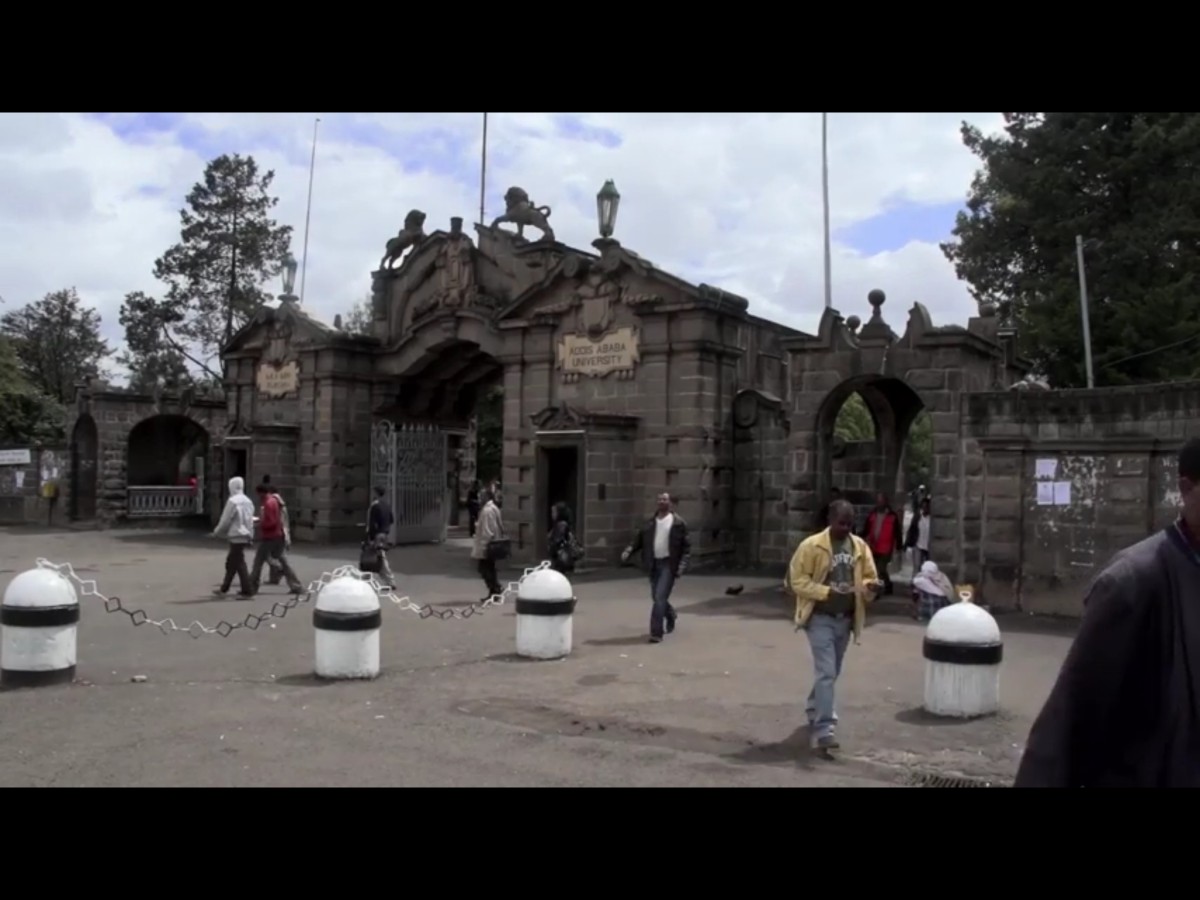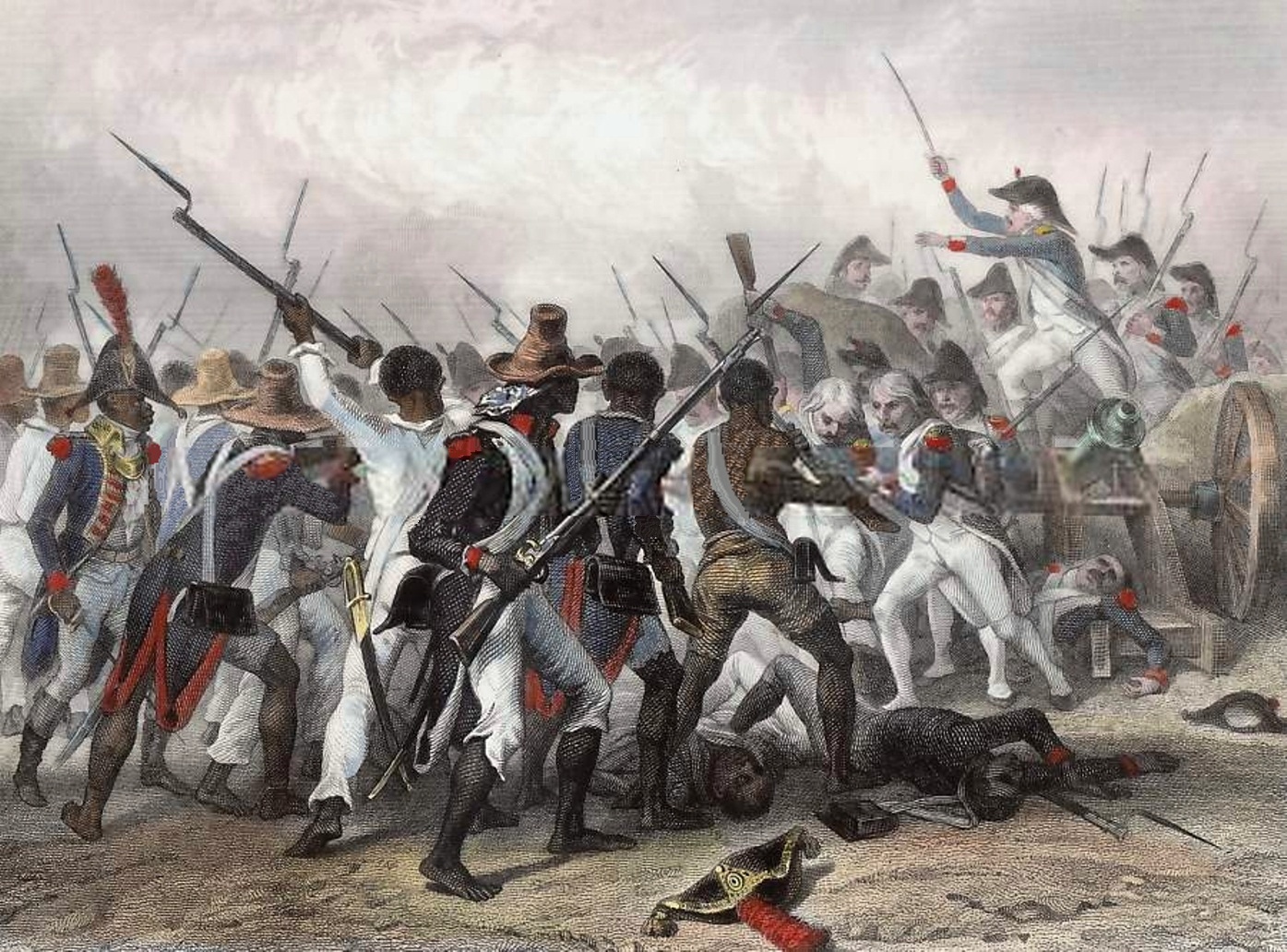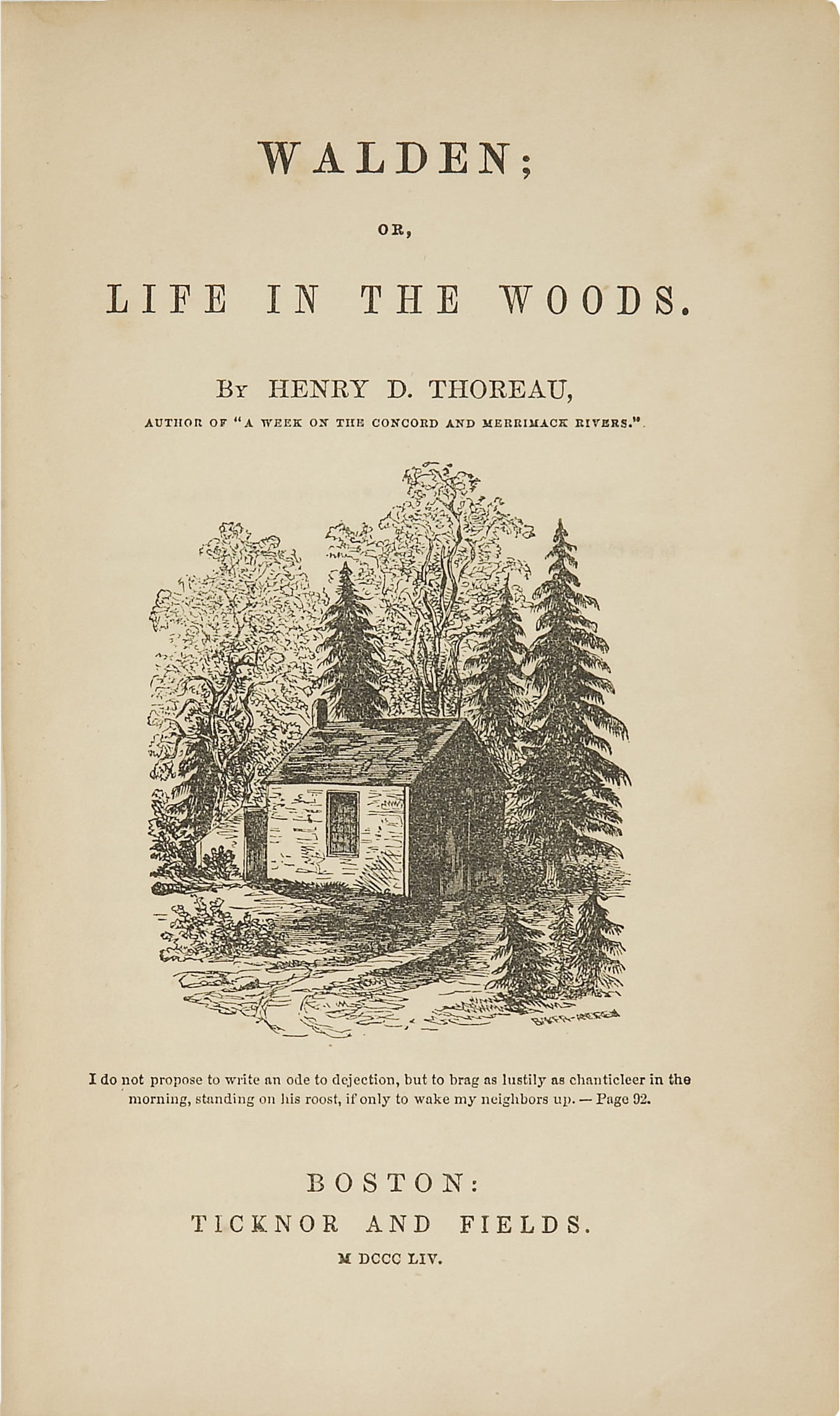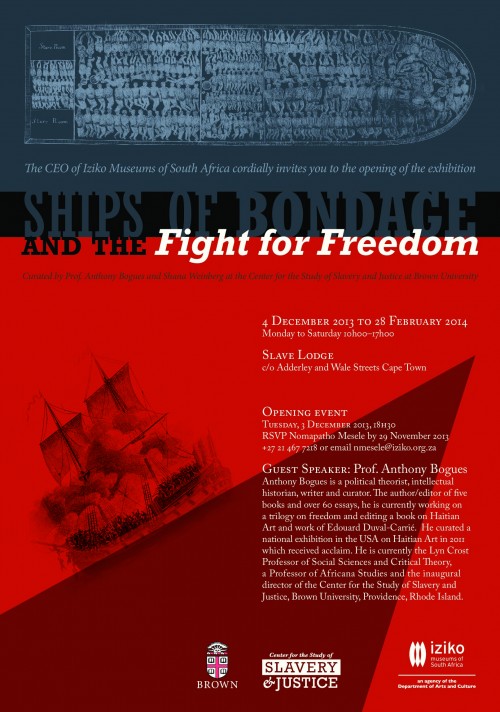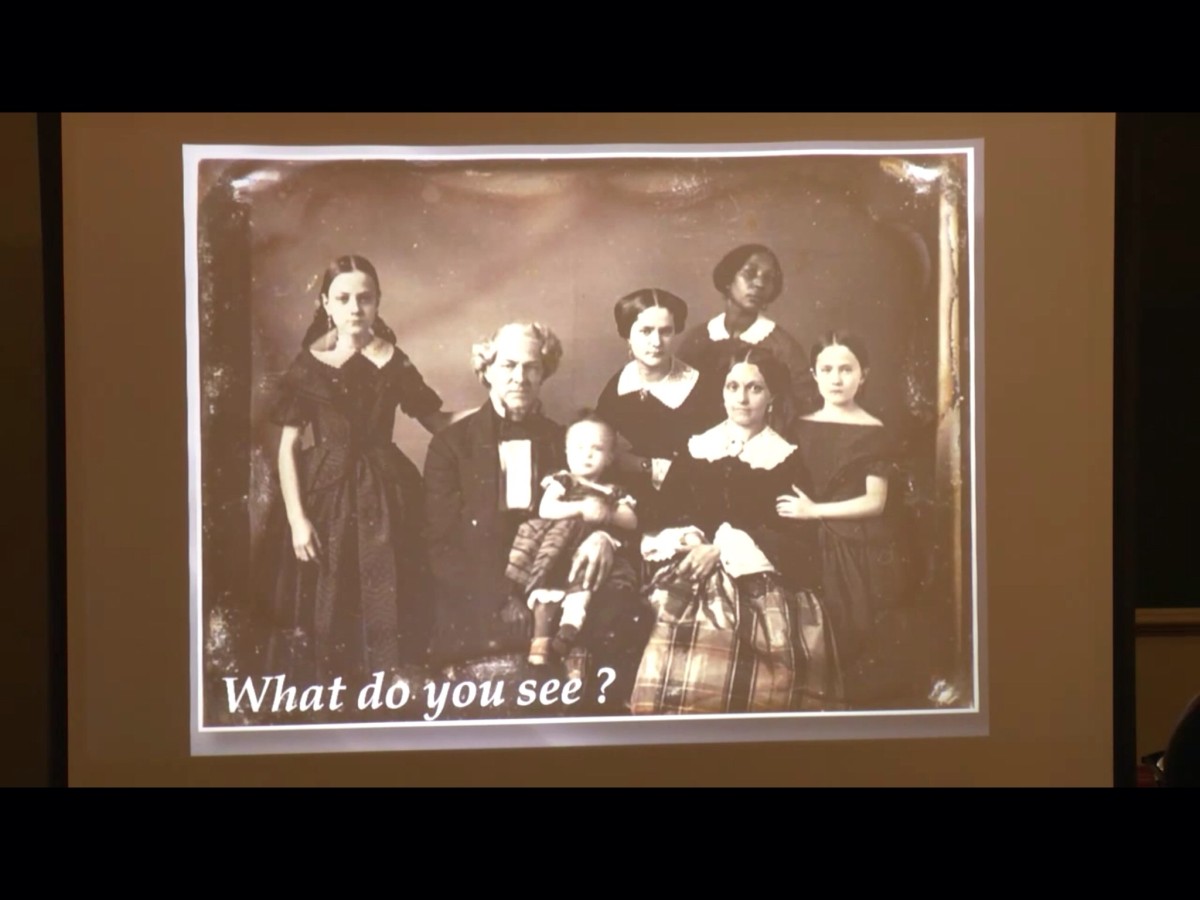By Jürgen Geuter
~
The relationship of government and governed has always been complicated. Questions of power, legitimacy, structural and institutional violence, of rights and rules and restrictions keep evading any ultimate solution, chaining societies to constant struggles about shifting balances between different positions and extremes or defining completely new aspects or perspectives on them to shake off the often perceived stalemate. Politics.
Politics is a simple word but one with a lot of history. Coming from the ancient Greek term for “city” (as in city-state) the word pretty much shows what it is about: Establishing the structures that a community can thrive on. Policy is infrastructure. Not made of wire or asphalt but of ideas and ways of connecting them while giving the structure ways of enforcing the integrity of itself.
But while the processes of negotiation and discourse that define politics will never stop while intelligent beings exist recent years have seen the emergence of technology as a replacement of politics. From Lawrence Lessig’s “Code is Law” to Marc Andreessen’s “Software Is Eating the World”: A small elite of people building the tools and technologies that we use to run our lives have in a way started emancipating from politics as an idea. Because where politics – especially in democratic societies – involves potentially more people than just a small elite, technologism and its high priests pull off a fascinating trick: defining policy and politics while claiming not to be political.
This is useful for a bunch of reasons. It allows to effectively sidestep certain existing institutions and structures avoiding friction and loss of forward momentum. “Move fast and break things” was Facebook’s internal motto until only very recently. It also makes it easy to shed certain responsibilities that we expect political entities of power to fulfill. Claiming “not to be political” allows you to have mobs of people hunting others on your service without really having to do anything about it until it becomes a PR problem. Finally, evading the label of politics grants a lot more freedoms when it comes to wielding powers that the political structures have given you: It’s no coincidence that many Internet platform declare “free speech” a fundamental and absolute right, a necessary truth of the universe, unless it’s about showing a woman breastfeeding or talking about the abuse free speech extremists have thrown at feminists.
Yesterday news about a very interesting case directly at the contact point of politics and technologism hit mainstream media: Apple refused – in a big and well-written open letter to its customers – to fulfill an order by the District Court of California to help the FBI unlock an iPhone 5c that belonged to one of the shooters in last year’s San Bernadino shooting, in which 14 people were killed and 22 more were injured.
Apple’s argument is simple and ticks all the boxes of established technical truths about cryptography: Apple’s CEO Tim Cook points out that adding a back door to its iPhones would endanger all of Apple’s customers because nobody can make sure that such a back door would only be used by law enforcement. Some hacker could find that hole and use it to steal information such as pictures, credit card details or personal data from people’s iPhones or make these little pocket computers do illegal things. The dangers Apple correctly outlines are immense. The beautifully crafted letter ends with the following statements:
Opposing this order is not something we take lightly. We feel we must speak up in the face of what we see as an overreach by the U.S. government.
We are challenging the FBI’s demands with the deepest respect for American democracy and a love of our country. We believe it would be in the best interest of everyone to step back and consider the implications.
While we believe the FBI’s intentions are good, it would be wrong for the government to force us to build a backdoor into our products. And ultimately, we fear that this demand would undermine the very freedoms and liberty our government is meant to protect.
Nothing in that defense is new: The debate about government backdoors has been going on for decades with companies, software makers and government officials basically exchanging the same bullets points every few years. Government: “We need access. For security.” Software people: “Yeah but then nobody’s system is secure anymore.” Rinse and repeat. That whole debate hasn’t even changed through Edward Snowden’s leaks: While the positions were presented in an increasingly shriller and shriller tone the positions themselves stayed monolithic and unmoved. Two unmovable objects yelling at each other to get out of the way.
Apple’s open letter was received with high praise all through the tech-savvy elites, from the cypherpunks to journalists and technologists. One tweet really stood out for me because it illustrates a lot of what we have so far talked about:
Tim Cook is a more important and meaningful friend of individual liberty than any politician ever has been. https://t.co/042rAcPxNQ
— Ryan Lackey (@octal) February 17, 2016
Read that again. Tim Cook/Apple are clearly separated from politics and politicians when it comes to – and here’s the kicker – the political concept of individual liberty. A deeply political debate, the one about where the limits of individual liberty might be is ripped out of the realm of politicians (and us, but we’ll come to that later). Sing the praises of the new Guardian of the Digital Universe.
But is the court order really exactly the fundamental danger for everybody’s individual liberty that Apple presents? The actual text paints a different picture. The court orders Apple to help the FBI access one specific, identified iPhone. The court order lists the actual serial number of the device. What “help” means in this context is also specified in great detail:
- Apple is supposed to disable features of the iPhone automatically deleting all user data stored on the device which are usually in place to prevent device thieves from accessing the data the owners of the device stored on it.
- Apple will also give the FBI some way to send passcodes (guesses of the PIN that was used to lock the phone) to the device. This sounds strange but will make sense later.
- Apple will disable all software features that introduce delays for entering more passcodes. You know the drill: You type the wrong passcode and the device just waits for a few seconds before you can try a new one.
Apple is compelled to write a little piece of software that runs only on the specified iPhone (the text is very clear on that) and that disables the 2 security features explained in 1 and 3. Because the court actually recognizes the dangers of having that kind of software in the wild it explicitly allows Apple to do all of this within its own facilities: the Phone would be sent to an Apple facility, the software loaded to the RAM of the device. This is where 2 comes in: When the device has been modified by loading the Apple-signed software into its RAM the FBI needs a way to send PIN code guesses to the device. The court order even explicitly states that Apple’s new software package is only supposed to go to RAM and not change the device in other ways. Potentially dangerous software would never leave Apple’s premises, Apple also doesn’t have to introduce or weaken the security of all its devices and if Apple can fulfill the tasks described in some other way the court is totally fine with it. The government, any government doesn’t get a generic backdoor to all iPhones or all Apple products. In a more technical article than this on Dan Guido outlines that what the court order asks for would work on the iPhone in question but not on most newer ones.
So while Apple’s PR evokes the threat of big government’s boots marching on to step on everybody’s individual freedoms, the text of the court order and the technical facts make the case ultra specific: Apple isn’t supposed to build a back door for iPhones but help law enforcement to open up one specific phone within their possession connected not to a theoretical crime in the future but the actual murder of 14 people.
We could just attribute it all to Apple effectively taking a PR opportunity to strengthen the image it has been developing after realizing that they just couldn’t really do data and services, the image of the protector of privacy and liberty. An image that they kicked into overdrive post-Snowden. But that would be too simple because the questions here are a lot more fundamental.
How do we – as globally networked individuals living in digitally connected and mutually overlaying societies – define the relationship of transnational corporations and the rules and laws we created?
Cause here’s the fact: Apple was ordered by a democratically legitimate court to help in the investigation of a horrible, capital crime leading to the murder of 14 people by giving it a way to potentially access one specific phone of the more than 700 million phones Apple has made. And Apple refuses.
Which – don’t get me wrong – is their right as an entity in the political system of the US: They can fight the court order using the law. They can also just refuse and see what the government, what law enforcement will do to make them comply. Sometimes the cost of breaking that kind of resistance overshadow the potential value so the request gets dropped. But where do we as individuals stand whose liberty is supposedly at stake? Where is our voice?
One of the main functions of political systems is generating legitimacy for power. While some less-than-desirable systems might generate legitimacy by being the strongest, in modern times less physical legitimizations of power were established: a king for example often is supposed to rule because one or more god(s) say so. Which generates legitimacy especially if you share the same belief. In democracies legitimacy is generated by elections or votes: by giving people the right to speak their mind, elect representatives and be elected the power (and structural violence) that a government exerts is supposedly legitimized.
Some people dispute the legitimacy of even democratically distributed power, and it’s not like they have no point, but let’s not dive into the teachings of Anarchism here. The more mainstream position is that there is a rule of law and that the institutions of the United States as a democracy are legitimized as the representation of US citizens. They represent every US citizen, they each are supposed to keep the political structure, the laws and rules and rights that come with being a US citizen (or living there) intact. And when that system speaks to a company it’s supposed to govern and the company just gives it the finger (but in a really nice letter) how does the public react? They celebrate.
But what’s to celebrate? This is not some clandestine spy network gathering everybody’s every waking move to calculate who might commit a crime in 10 years and assassinate them. This is a concrete case, a request confirmed by a court in complete accordance with the existing practices in many other domains. If somebody runs around and kills people, the police can look into their mail, enter their home. That doesn’t abolish the protections of the integrity of your mail or home but it’s an attempt to balance the rights and liberties of the individual as well as the rights and needs of all others and the social system they form.
Rights hardly ever are absolute, some might even argue that no right whatsoever is absolute: you have the right to move around freely. But I can still lock you out of my home and given certain crimes you might be locked up in prison. You have the right to express yourself but when you start threatening others, limits kick in. This balancing act that I also started this essay with has been going on publicly for ages and it will go on for a lot longer. Because the world changes. New needs might emerge, technology might create whole new domains of life that force us to rethink how we interact and which restrictions we apply. But that’s nothing that one company just decides.
In unconditionally celebrating Cook’s letter a dangerous “apolitical” understanding of politics shows its ugly face: An ideology so obsessed with individual liberty that it happily embraces its new unelected overlords. Code is Law? More like “Cook is Law”.
This isn’t saying that Apple (or any other company in that situation) just has to automatically do everything a government tells them to. It’s quite obvious that many of the big tech companies are not happy about the idea of establishing precedent in helping government authorities. Today it’s the FBI but what if some agency from some dictatorship wants the data from some dissident’s phone? Is a company just supposed to pick and choose?
The world might not grow closer together but it gets connected a lot more and that leads to inconsistent laws, regulations, political ideologies etc colliding. And so far we as mankind have no idea how to deal with it. Facebook gets criticized in Europe for applying very puritanic standards when it comes to nudity but it does follow as a US company established US traditions. Should they apply German traditions which are a lot more open when it comes to depictions of nudity as well? What about rules of other countries? Does Facebook need to follow all? Some? If so which ones?
While this creates tough problems for international law makers, governments and us more mortal people, it does concern companies very little as they can – when push comes to shove – just move their base of operation somewhere else. Which they already do to “optimize” avoid taxes, about which Cook also recently expressed indignant refusal to comply with US government requirements as “total political crap” – is this also a cause for all of us across the political spectrum to celebrate Apple’s protection of individual liberty? I wonder how the open letter would have looked if Ireland, which is a tax haven many technology companies love to use, would have asked for the same thing California did?
This is not specifically about Apple. Or Facebook. Or Google. Or Volkswagen. Or Nestle. This is about all of them and all of us. If we uncritically accept that transnational corporations decide when and how to follow the rules we as societies established just because right now their (PR) interests and ours might superficially align how can we later criticize when the same companies don’t pay taxes or decide to not follow data protection laws? Especially as a kind of global digital society (albeit of a very small elite) we have between cat GIFs and shaking the fist at all the evil that governments do (and there’s lots of it) dropped the ball on forming reasonable and consistent models for how to integrate all our different inconsistent rules and laws. How we gain any sort of politically legitimized control over corporations, governments and other entities of power.
Tim Cook’s letter starts with the following words:
This moment calls for public discussion, and we want our customers and people around the country to understand what is at stake.
On that he and I completely agree.
Jürgen Geuter (@tante) is a political computer scientist living in Germany. For about 10 years he has been speaking and writing about technology, digitalization, digital culture and the way these influence mainstream society. His writing has been featured in Der Spiegel, Wired Germany and other publications as well as his own blog Nodes in a Social Network, on which an earlier version of this post first appeared.

